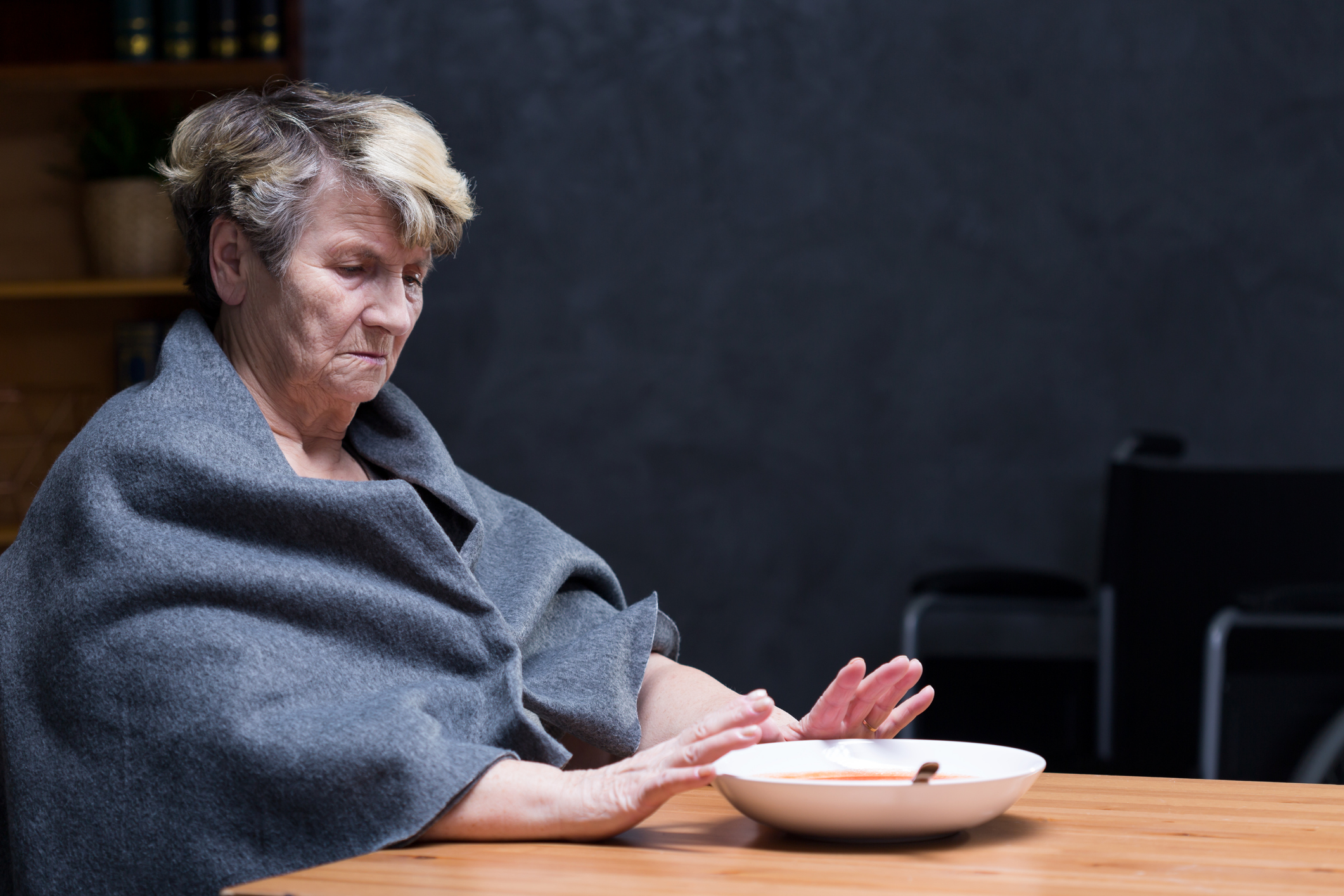Aging alone, without close family or friends, is not only a lonely proposition, but it can also put older adults who lose their ability to make decisions in dire circumstances. And the number of seniors living alone is expected to rise as the elderly population continues to swell over the next 20 to 30 years. AARP research estimates that more than 1 in 5 Americans over the age of 65 are, or are at risk of becoming elder orphans, and if these seniors suffer from dementia, a stroke or other serious health condition, who will care for them?
According to a recent McMaster Optimal Aging Portal blog post, “elder orphans”, sometimes called “unbefriended elders”, are seniors who lack a family member or trusted friend who can help make health decisions, manage finances and protect well-being in the event they become incapacitated. In cases when older adults can no longer make their own healthcare and financial decisions and there is no family to step in, a public guardian can be appointed. Sometimes a physician will agree to make health decisions for elderly patients without family.
A recent Canadian review of research on unbefriended older adults in Canada and the United States has found that elder orphans are at greater risk of experiencing poor quality of life. More likely to be single and without children, this group of older adults has a higher chance of developing dementia and multiple chronic illnesses and having limited financial resources. Without a guardian to advocate for single seniors, these vulnerable individuals can be overlooked and not receive the medical treatment, housing, or help with daily tasks they need.
Doctors can screen patients to help identify unbefriended elders who may need guardianship and refer their case to hospital legal or social work departments. And single older adults can start early to build a plan for aging alone; getting paperwork in order, developing a social network and planning ahead for future housing, transportation and health care needs. A lawyer specializing in elder care can help put a legal plan in place if family caregivers are not available.
Learn more about the growing population of elder orphans by following this link to a recent research article published in Current Gerontology and Geriatrics Research.






Add Your Voice
0 Comments
Join the Discussion